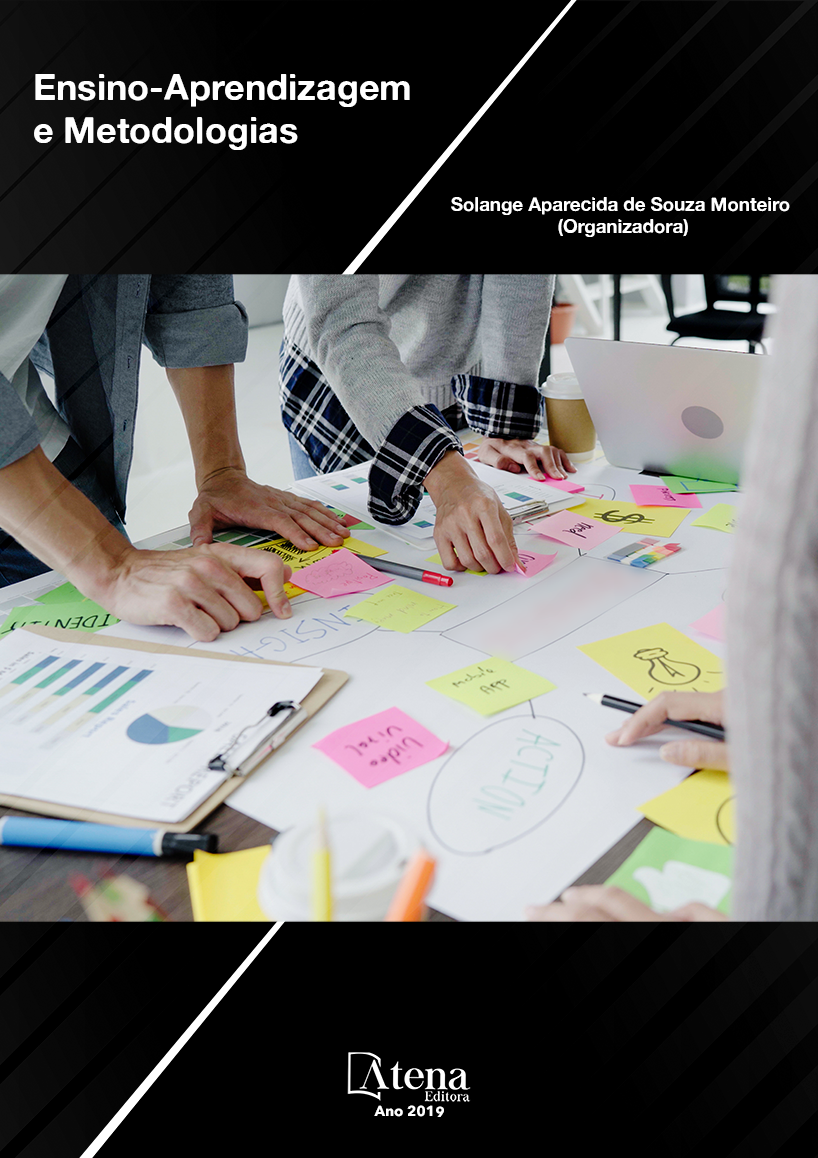
Relação motivação / estratégias de aprendizagem para discentes da educação semipresencial
O presente estudo teve por
objetivo avaliar a motivação de discentes de
cursos de pós-graduação semipresenciais
e as estratégias de aprendizagem por eles
utilizadas durante as atividades curriculares,
por meio de sua correlação. A pesquisa foi
descritiva e contou com a participação de 67
alunos de uma universidade pública federal do
norte do Paraná. Foi utilizado delineamento
transversal e análise qualitativa dos dados.
Para a coleta dos dados foram utilizadas as
Escala das Metas de Realização e a Escala
de Autorregulação da Aprendizagem, ambas
com respostas em escala no formato Likert. A
discussão se deu comparando os resultados
de cada escala. Observou-se que 73,13% dos
alunos apresentaram um alto índice na meta
aprender e 19,40% na meta performanceaproximação.
No que concerne à autorregulação
da aprendizagem, o uso de estratégias
cognitivas se mostrou mais frequente que
o de estratégias metacognitivas. Apesar da
utilização de estratégias metacognitivas não
ter apresentado a frequência que se esperava
para alunos norteados pela meta aprender,
constatou-se que, independentemente da
meta, as estratégias menos utilizadas foram as
relacionadas ao planejamento dos estudos. Por
fim, constatou-se que alunos de pós-graduação
de cursos semipresenciais orientados pela
meta performance-aproximação podem fazer
uso de um grande número de estratégias
metacognitivas, as quais, somadas às cognitivas,
possibilitam efeitos positivos na aprendizagem,
superiores até mesmo ao de alunos guiados
exclusivamente pela meta aprender.
Relação motivação / estratégias de aprendizagem para discentes da educação semipresencial
-
DOI: 10.22533/at.ed.27619250630
-
Palavras-chave: aprender a aprender, autorregulação da aprendizagem, características comportamentais, metas de realização.
-
Keywords: learning to learn, self-regulated learning, behavioral characteristics, achievement goals.
-
Abstract:
The present study aimed to evaluate
blended postgraduate students’ motivation
and the learning strategies they used during
curricular activities, through their correlation.
The research was descriptive and 67 students from a federal public university in the
north of Paraná participated. Cross-sectional design and qualitative data analysis were
used. Data were collected using the Achievement Goal Scale and the Self-Regulated
Learning Scale, both with scale responses in the Likert format. The results of each
scale were compared in the discussion. A high index in the learning goal was observed
for 73.13% of the students and for 19.40% of them in the performance approximation
goal. With regard to self-regulated learning, the use of cognitive strategies was more
frequent than the metacognitive ones. Although the use of metacognitive strategies did
not present the frequency that was expected for students guided by the goal to learn, it
was found that, regardless of the goal, the least used strategies were those related to
the study planning. Finally, it was found that blended postgraduate students oriented by
the performance approximation goal can make use of many of metacognitive strategies,
which added to the cognitive ones, allow positive effects in learning, superior to even
those of students exclusively guided by learning goal.
-
Número de páginas: 15
- Rafael Ernesto Balen
- Ana Flávia Ciríaco de Oliveira
- Simone Deperon Eccheli


